In the News
-
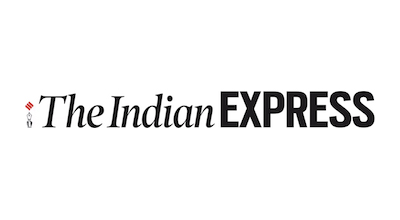 4 May 2018
4 May 2018Tea garden deaths on the rise in World Bank-funded plantations, claim local NGOs
The first complaint about the conditions in the APPL-run plantations to the CAO was filed in February 2013. In November, 2016, the CAO released its findings — and in response, the IFC formulated an action plan based on its 2014 audit by independent NGO Solidaridad. As part of this plan called Project Unnati, the body has set certain goals to improve the living and working conditions of the workers by 2017. The complainants, however, feel that none of the promises have been met. “The World Bank has utterly failed to exercise its leverage to address the CAO’s damning findings,” said Anirudha Nagar, South Asia Director of Accountability Counsel, a supporting organisation. “While APPL management lines their pockets, the Bank should be providing funding and ensuring budgets are appropriately directed towards the health and safety of workers in the face of preventable deaths. The Bank is not being the honest, neutral broker it holds itself out to be.” -
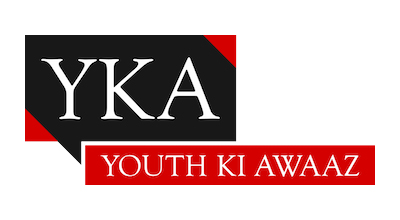 2 May 2018
2 May 2018Rights Denied In The Name Of Development: The ‘World Bank Approach’ In Assam Tea Gardens
The tea gardens under scanner are those of the Amalgamated Plantations Private Limited (APPL) which is the second largest producer and supplier of tea in India, with 25 plantations spread across the states of Assam and West Bengal and employing around 30,000 workers. APPL is owned by Tata Global Beverages, Tata Investment Corporation, tea workers, and the International Finance Corporation( IFC, private sector side of the World Bank Group). A new submission to the World Bank’s accountability office by community-based civil society organizations, Promotion and Advancement of Justice, Harmony and Rights of Adivasis (PAJHRA) and People’s Action for Development (PAD), with the assistance of US-based human rights advocacy group Accountability Counsel, underlines the continuing neglect of workers’ rights by the international body. -
 30 April 2018
30 April 2018The IFC’s worker shareholder failure
Almost exactly nine years ago, on 27 April 2009, the World Bank’s private sector arm—the International Finance Corporation (IFC)—invested in Amalgamated Plantations Pvt. Ltd (APPL), which has 25 tea plantations in Assam and West Bengal. The IFC owns 16% of APPL, while tea workers themselves, some 16,500 of them, own 9% equity. The Tata Group retains a majority 66% stake through Tata Global Beverages and Tata Investment Corp. Ltd. The IFC predicted that the worker share ownership programme would “empower employees by making them stronger stakeholders”. The hope was that the IFC’s social and labour standards would help improve labour conditions, and the investment would support over 155,000 people that live and work on the plantations. -
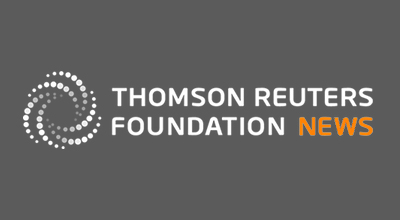 27 April 2018
27 April 2018Indian workers dying on World Bank-backed tea plantations, say campaigners
The IFC and Tata Global Beverages in 2009 set up Amalgamated Plantations Private Limited (APPL), which is partly owned by workers and was intended to end labor abuses on plantations previously run by Tata in the northeastern state of Assam. “Nine years on, we hear of tea workers who have died following work-related accidents, prolonged exposure to hazardous pesticides and lack of adequate medical care,” said Wilfred Topno of People’s Action for Development. After the 2016 investigation, the IFC said it was working with APPL to improve conditions. But in their complaint to the CAO, the advocacy groups said not enough has been done. “The World Bank has utterly failed to exercise its leverage to address the CAO’s damning findings,” said Anirudha Nagar, of the Accountability Counsel. -
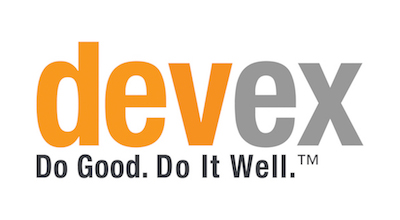 13 April 2018
13 April 2018Impact investors must set up ‘accountability tools,’ experts say
The impact investing community needs to create innovative accountability tools to deal with high-risk environments and ensure their investments are delivering positive social and environmental impacts. This was the message delivered by Natalie Bridgeman Fields, founder and executive director of Accountability Counsel, and Gayle Peterson, director of social finance and impact investing programs at Saïd Business School, during a side event held as part of the Skoll World Forum in Oxford on Thursday. -
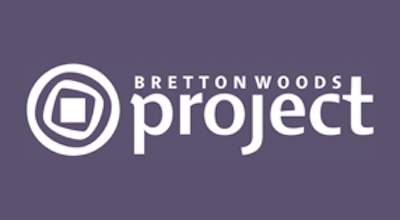 11 April 2018
11 April 2018Spring Meetings 2018 Preamble: Despite favourable growth trends, World Bank and IMF’s attempts to tackle debt and inequality remain elusive
The potential perils of privileging the private sector were highlighted by a recent UK National Audit Office report on public-private partnerships (PPPs), which probed the fiscal cost of PPPs, and a December report by Belgium-based CSO Counter Balance, which stressed the social and environmental risks of the Bank’s push for mega-infrastructure projects. Indeed, Natalie Bridgeman Fields of US-based CSO Accountability Counsel argued in a February Devex op-ed that the Bank’s private-sector promotion, “will be a setup that harms the poor and vulnerable and widens the wealth and equity gap.” -
 9 April 2018
9 April 2018Community watches over creek’s turtles
In 2010, Grupo Comexhidro wanted to build a small hydroelectric power plant on Sal creek, and cleared a one-kilometer stretch of shoreline to do so. But according to residents of Santa Úrsula the company did not consult with them and little information regarding the project was made public. With the support of several non-governmental organizations, including the international Accountability Counsel, residents halted the project. -
 9 March 2018
9 March 2018What a new U.S. development finance institution needs to succeed
Last week, a bipartisan group of senators and representatives introduced the Better Utilization of Investment Leading to Development (BUILD) Act, which, if enacted, would create a new agency called the United States International Development Finance Corporation. The IDFC would absorb the Overseas Private Investment Corporation — the U.S. development finance institution that encourages American businesses to invest in developing countries by providing businesses with loans or insurance — as well as several functions currently performed by the U.S. Agency for International Development. The bill could likely receive White House support as the administration similarly called for a new DFI in its 2019 budget proposal. -
 1 March 2018
1 March 2018Support for new US development finance bill, even as some details are questioned
The bipartisan bill introduced Tuesday proposing the creation of a new United States development finance corporation could be a landmark piece of legislation, altering the U.S. development landscape for years or decades to come. The new DFC needs strong environmental and social policies and a strong accountability mechanism, said Stephanie Amoako, a policy associate at Accountability Counsel. The legislation should make clear whether OPIC’s office of accountability will continue as the mechanism for registering grievances or whether a new independent accountability mechanism will be created according to international best practices, she said. -
 21 February 2018
21 February 2018World Bank refinancing of Uganda’s Bujagali hydropower scheme under the spotlight
“The request for refinancing presents an important opportunity to finally achieve resolution on a number of these outstanding issues … we urge the World Bank Group to take this important opportunity to demonstrate its commitment to accountability and ensure access to remedy for project-affected peoples,” said a letter sent to World Bank chiefs earlier this month which was signed by more than 20 local and international NGOs, including the Accountability Counsel, Bank Information Center, Bretton Woods Project, Friends of the Earth US, and International Rivers. -
 20 February 2018
20 February 2018Jim Kim’s World Bank is a setup for the poor
Addressing harm caused by bank projects, promoting inclusion of vulnerable groups, and ensuring accountability should be Kim’s most urgent priority. Once these fundamental problems are addressed, the bank can better meet its own objectives and deliver value to the private sector as it too looks to create impact. -
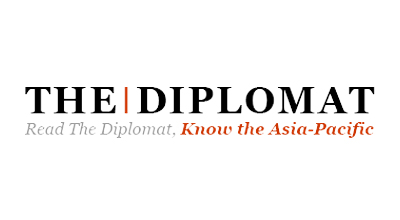 3 February 2018
3 February 2018China Moves Toward Accountability for Overseas Financing
As the U.S. government retreats from leadership on climate, the Chinese are stepping up, both with new “green” policies and a leading role in finance, at home and abroad. This shift has notable implications for the millions of people affected by Chinese overseas investment in dams, mines, and pipelines. -
 31 January 2018
31 January 2018The Human Rights Ripple Effect
Human rights successes are hard-won, require the coordinated efforts of many people working in solidarity — often across backgrounds, sectors, and even international borders—and are often overlooked by mainstream media, which focuses on the disastrous here, now, and clickable. -
 4 January 2018
4 January 2018A critical look at the IFC’s new incentives framework
To help staff make better decisions, the International Finance Corporation is introducing a new incentives framework, which will reward achievements in development outcomes. The new framework may be a welcome step, but the World Bank Group, which includes the IFC, has said incentives will reward staff on their ability to mobilize private sector funding. It’s critical that the IFC include in their rewards scheme recognition of staff that respect human rights. -
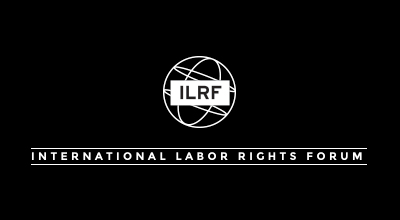 29 November 2017
29 November 2017Nimble Fingers, Stifled Voices
Is a World Bank funded project stifling agency and voices of its female employees? As diplomats, civil society organizations, governments and businesses gather in Geneva to talk about the role of business to respect and protect human rights, a company – backed by the World Bank – is failing at both. Amalgamated Plantations Private Limited (APPL), the second largest producer and supplier of tea in India, is a joint venture of the Tata Group and the World Bank’s private sector side, the International Finance Corporation (IFC). -
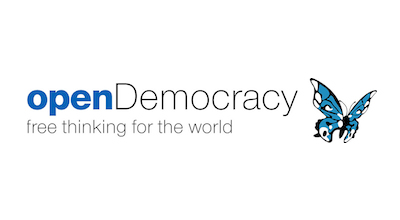 27 November 2017
27 November 2017From Geneva to Guwahati: demanding fair wages for Assam’s tea workers
On 27 November, throngs of people attended the first day of the UN Forum on Business and Human Rights in Geneva, Switzerland. The three-day forum will see participants from business, government, and civil society have heated debates – over hot cups of tea and coffee – on how to protect human rights in a business context. -
 29 September 2017
29 September 2017Deafening noise from flights over Fontibón in Bogotá, Colombia. Something went wrong with the IDB
The Inter-American Development Bank (IDB) describes itself as a champion of integrity and transparency, working with its Latin American and the Caribbean member countries to strengthen governance and rule of law at local and national levels. As a public institution committed to sustainable development, it has endorsed the principle that “environmental issues are best handled with the participation of all concerned citizens.” However, as the residents of Fontibón, a neighborhood in Bogotá, Colombia, recently learned, the bank does not universally apply these standards to its own activities. -
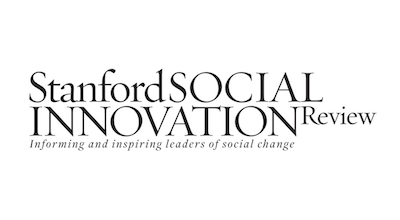 15 September 2017
15 September 2017Demystifying the Theory of Change Process
The idea that nonprofits should develop a theory of change has been widely embraced in recent years, and funders have helped drive the momentum. In fact, many funders now require that nonprofits submit a theory of change document with grant requests for all the reasons Paul Brest outlined in his seminal article, “The Power of Theories of Change.” -
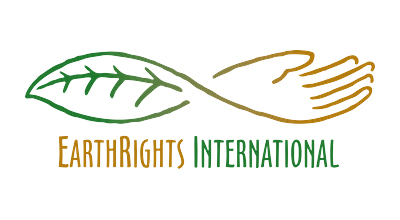 13 September 2017
13 September 2017Are Multilateral Development Banks Respecting the Rights of Indigenous Peoples in Development?
This month marks the 10th anniversary of the United Nations Declaration on the Rights of Indigenous Peoples (UNDRIP). This landmark international document, though imperfect, contains important provisions for countries to protect the right of Indigenous Peoples to freely pursue their economic, social, and cultural development. -
 29 August 2017
29 August 2017Human Rights Activists Want More Workers to Participate in Meeting
Kolkata – Ahead of the annual general meetings of Amalgamated Plantations Private Limited (AAPL) a Tata and World Bank owned tea company that runs 25 tea estates in Assam and Bengal – to be held in Kolkata on Tuesday a group of human rights activists have called for more participation of tea workers.

